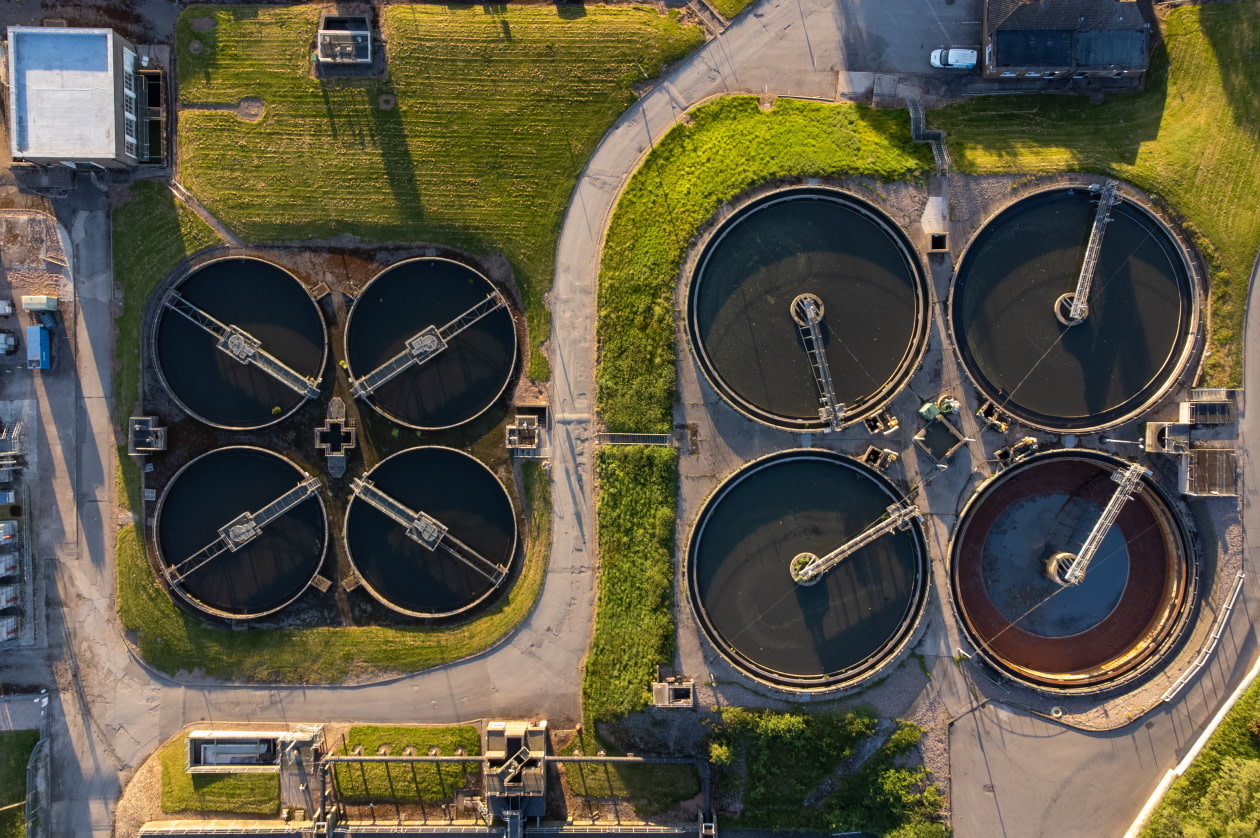UK water companies are failing to meet key targets on sewage pollution and leakage, regulator Ofwat said on Tuesday, as it detailed £158mn in penalties on the sector.
Sewage pollution incidents fell by just 2 per cent, compared with a target of 30 per cent for the 2020-25 period, while water leakage fell by just 6 per cent against a target of 16 per cent, according to Ofwat’s annual performance report.
The number of sewage flooding incidents fell by 10 per cent against a 41 per cent target amid an overall decline in customer satisfaction.
The report comes as water companies attempt to negotiate steep increases in household bills for the 2025-30 period. Ofwat has proposed an average 21 per cent increase in household bills, but water companies are seeking steeper increases ahead of a final decision in December.
David Black, chief executive of Ofwat, called for “issues of culture and leadership” to be addressed.
“This year’s performance report is stark evidence that money alone will not bring the sustained improvements that customers rightly expect,” he said in a statement. “Too often we hear that weather, third parties or external factors are blamed for shortcomings.”
Ofwat’s penalties are imposed in the form of rebates to customers through their bills rather than direct payments to the regulator. The exact amount to be returned to customers is to be finalised in December.
Thames Water will have to make the largest repayment to customers of £56.8mn, despite improving its overall performance from last year. The company is trying to raise billions of pounds of equity from investors, but potential shareholders are concerned that regulatory penalties could wipe out their cash.
Southern Water, another heavily indebted utility, was fined £31.9mn.
Steve Reed, secretary of state for the environment, food and rural affairs, said: “The public deserves better. That’s why we are placing water companies under special measures through the Water Bill, which will strengthen regulation including new powers to ban the payment of bonuses for polluting water bosses and bring criminal charges against persistent law breakers.”
Additional reporting by Maxine Kelly
This article was written by Gill Plimmer from The Financial Times and was legally licensed through the DiveMarketplace by Industry Dive. Please direct all licensing questions to legal@industrydive.com.

